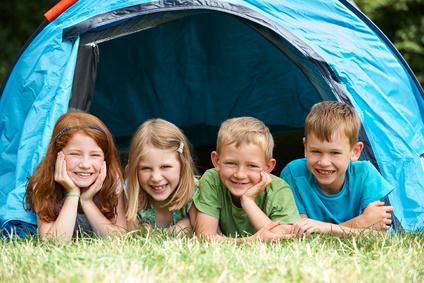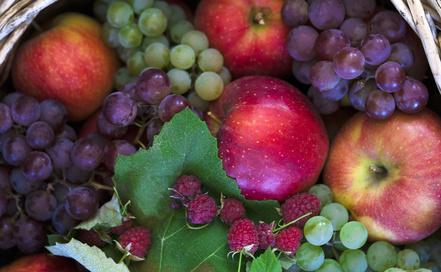
Summer programming is a time for youth to gain independence, explore, and learn new skills. For youth to be successful in processing what they learn, adequate opportunities must be provided for rest, relaxation, and healthy eating. Without down time and routines, youth can become irritable, groggy, and exhibit emotional breakdowns. Below are some options to consider incorporating into summer programming so that youth feel energized, excited,
and stay on task.
Sleep
The American Academy of Sleep Medicine recommends youth in grade school receive 9-12 hours of sleep, and teens receive 8-10 hours of sleep a night. Staying within these ranges will allow youth to be their very best and keep behavioral problems to a minimum.
Bedtime/Wake-up time
Routines are essential to youth. They thrive on knowing what to expect. Keeping bedtime and wake up time on a standard schedule, while allowing for the optimum number of hours for sleep, will allow them to predict their day. If the adequate number of hours of sleep is not being met, adjust to an earlier bed time or later wake-up time to accommodate youth.
Relaxation Time
Quiet time (lights out time), nap time, mindfulness, yoga, coloring, board games, puzzles, morning/evening stretch, listening to relaxing music, quiet movie time: these are all great ways to encourage downtime for youth by putting them into the daily schedule. Oftentimes youth don’t have the ability to express their emotions as clearly as adults can. By providing opportunities for youth to unwind, relax, and rest, they will be more apt to stay recharged and calm throughout the day. Rest time isn’t just for youth; adults appreciate the time to gather their thoughts also.
Snacks
Help youth make healthy choices while they are at camp by providing better choices. Options include low-fat string cheese, granola bars, cut up fruit and veggies (apples, watermelon, bananas, carrots, etc.), low-fat yogurt, baked snacks (pretzels, chips), nuts, etc. Keep the snacks convenient, and ready to eat for youth. These will provide more energy in the long run for youth to continue enjoying their camp day until the next meal.
Contributor
Vanessa Spero, Youth Development Agent, University of Florida, Institute of Food and Agricultural Sciences Brevard County Extension
